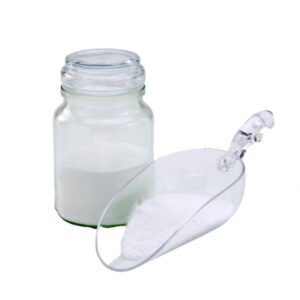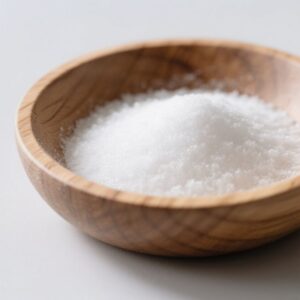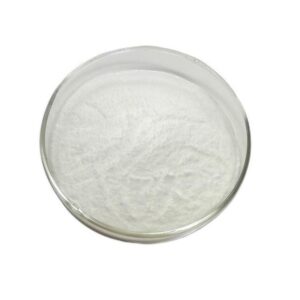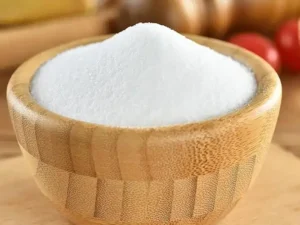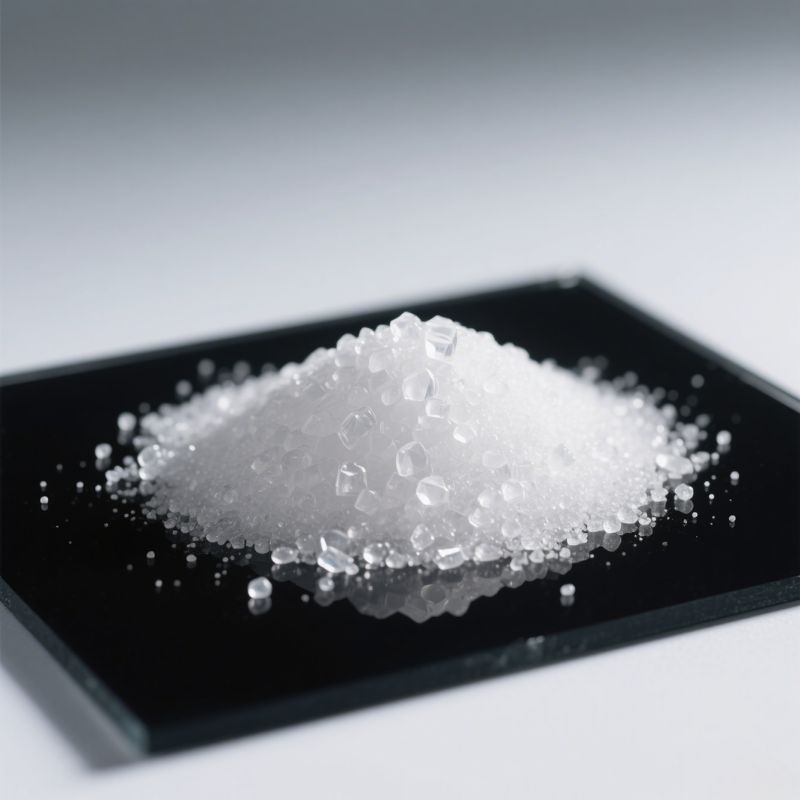Introduction
Sodium tripolyphosphate (STPP) is a crucial chemical compound widely used in various industries, including detergents, food processing, ceramics, and water treatment. Due to its ability to sequester metal ions and disperse suspended solids, it plays a vital role in many applications. This article provides an in-depth analysis of the global STPP market, its trends, challenges, and opportunities.
1. Overview of the Sodium Tripolyphosphate Market
1.1 Global Market Size and Growth
The global STPP market is valued at several billion dollars, with an estimated compound annual growth rate (CAGR) of X% through 2030. This growth is driven by increasing demand from the cleaning, food processing, and water treatment industries.
1.2 Key Market Players
Leading manufacturers include:
Innophos Holdings Inc. (USA)
ICL Performance Products LP (Israel)
Prayon S.A. (Belgium)
Hubei Xingfa Chemicals Group (China)
Guizhou Zerophos Chemical Co., Ltd (China)
1.3 Regional Analysis
Asia-Pacific: Leading market with high industrial demand.
Europe: Declining usage due to environmental regulations.
North America: Stable market with strong demand in water treatment.
Middle East & Africa: Rapid growth due to industrialization.
2. Key Applications and Growth Factors
2.1 Detergents and Cleaning Products
STPP enhances the efficiency of detergents by softening water and dispersing dirt.
2.2 Food Industry
Used as a moisture-retaining agent and preservative in processed meats and seafood.
2.3 Ceramics and Building Materials
Improves plasticity and enhances the quality of ceramic materials.
2.4 Water Treatment
STPP stabilizes water and reduces the formation of mineral deposits.
3. Regulations and Market Impact
3.1 International Regulations
European Union: Strict phosphate restrictions to limit eutrophication.
United States: Regulated by the FDA and EPA.
China: High production levels with evolving regulations.
3.2 Regulatory Impact
4. Environmental Impact and Alternatives
4.1 Eco-Friendly Alternatives
5. Challenges in the STPP Market
5.1 Regulatory Pressures
Increasing restrictions on phosphates in detergents and the food industry.
5.2 Raw Material Price Fluctuations
The cost of phosphates and energy directly impacts the profitability of manufacturers.
6. Detailed Regional Market Analysis
6.1 China
Largest producer with competitive pricing.
6.2 Europe
Declining demand due to strict environmental regulations.
6.3 North America
STPP is mainly used in water treatment and ceramics.
6.4 Middle East & Africa
Expanding market driven by industrial chemical needs.
7. Future Market Prospects
7.1 Market Trends
7.2 Growth Opportunities
8. Business Opportunities for Buyers and Manufacturers
8.1 Positioning in Emerging Markets
STPP demand is rising in Africa, Asia, and Latin America.
8.2 Developing Sustainable Solutions
Manufacturers must invest in greener alternatives to remain competitive.
Conclusion
The sodium tripolyphosphate market remains dynamic despite environmental restrictions. Companies investing in sustainable solutions and targeting emerging markets will continue to thrive.
Additional Information: STPP and Dental Bearings
STPP is also used in the dental bearing industry, where it functions as a lubricant and cleaning agent for high-precision dental instruments.
For more information on STPP and its applications, visit our website: https://sodiumtripolyphosphate.com/.



